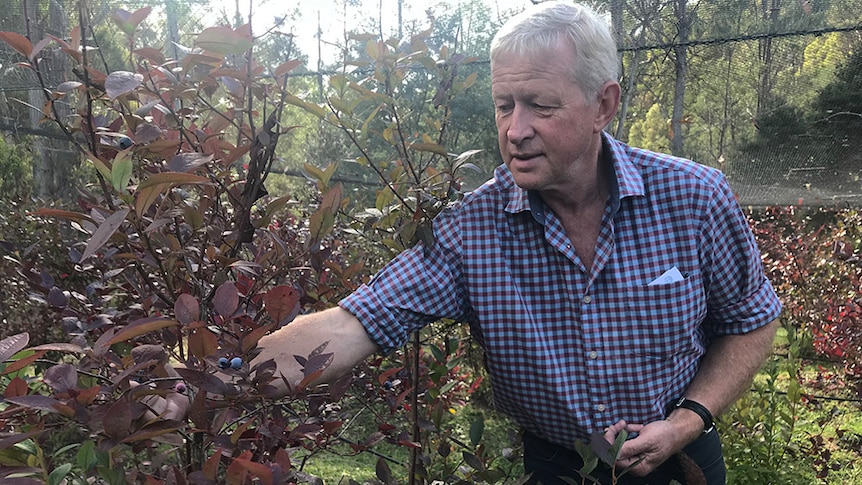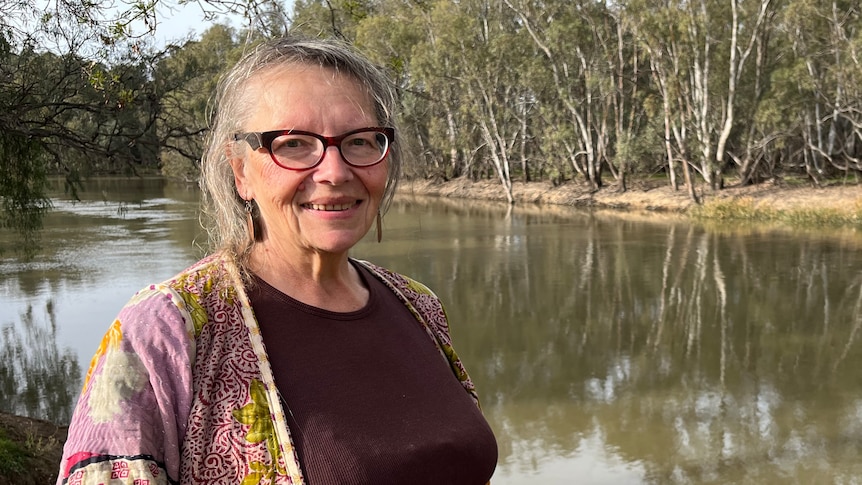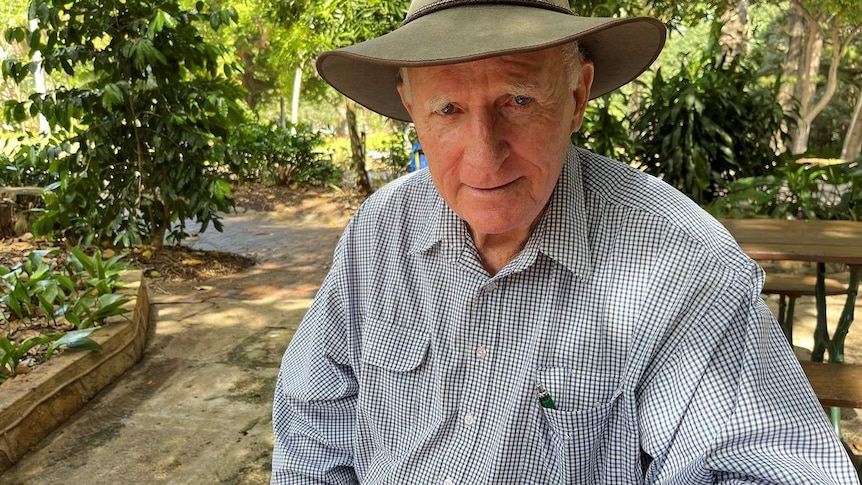Biosecurity Tasmania officials have given up trying to contain the plant fungus blueberry rust — saying “the benefits of containment no longer outweigh the burdens.”
Key points:
- The fungal disease causes extensive defoliation and can kill plants with severe infections
- Tasmania has been battling unsuccessfully to keep it at bay
- Listing it as endemic means restrictions on infected properties will be removed and farmers will have to live with, and manage it
The fungus which first arrived on the island state in 2014 can cause extensive defoliation on blueberry plants and sometimes plant deaths.
Biosecurity Tasmania said it was proving impossible to stop the spread of the fungus, which travels via airborne spores, contaminated clothing or equipment.
“The containment approach that we’ve been undertaking for the past few years clearly isn’t working anymore,” said chief plant protection officer Andrew Bishop.
“It’s worked very well for the first few years, and it was always intended to try and slow the spread to enable producers to adjust to management, but last season we saw a larger number of infections incurring.”
Organic farmers expecting price drop
Tasmania’s organic blueberry growers are devastated.
They will now be locked out of their lucrative South Australian market which requires produce to be from rust-free plants.
Organic blueberry farmer Kent Mainwaring is one of those that will lose a market that gave them a premium price.
“It would make our operation here marginal we do rely on getting the peak in the market, if we lost our organic status that would put us on the other side of the ledger,” Mr Mainwaring said.
It will also see organic blueberries hit other markets, alongside the conventionally farmed products.
“The South Australian market has traditionally been a very strong market for us … any increase in supply to the markets in Melbourne, Sydney and Brisbane will decrease prices I believe,” Mr Mainwaring said.
The price drop could be dramatic depending on how many surplus blueberries those markets can absorb.
“We can always hope the consumption of blueberries will increase year on year as it’s been doing,” Mr Mainwaring said.
‘They’ve fought hard’
Fruit Growers Tasmania’s chief executive officer Peter Cornish said those farms infected with blueberry rust were under strict conditions that were affecting their business and it was time to admit defeat.
“All credit to Biosecurity Tasmania and our growers, they’ve fought hard, they’ve fought hard in this battle to try and stop the spread of it,” he said.
“This last year we’ve had very conductive [conditions] for the spread of blueberry rust.”
Since arriving eight years ago, hundreds of plants have been destroyed and tens of thousands of dollars spent as part of an eradication plan, Biosecurity Tasmania.
It was declared a success by mid June 2016 but a second outbreak was detected just a couple of months later and a containment approach was taken instead.
The Tasmanian Institute of Agriculture has been researching and evaluating sprays for use by organic growers.
While that research is coming to an end and has promising results, it’s expected to take some time before a product is ready for market.
.


